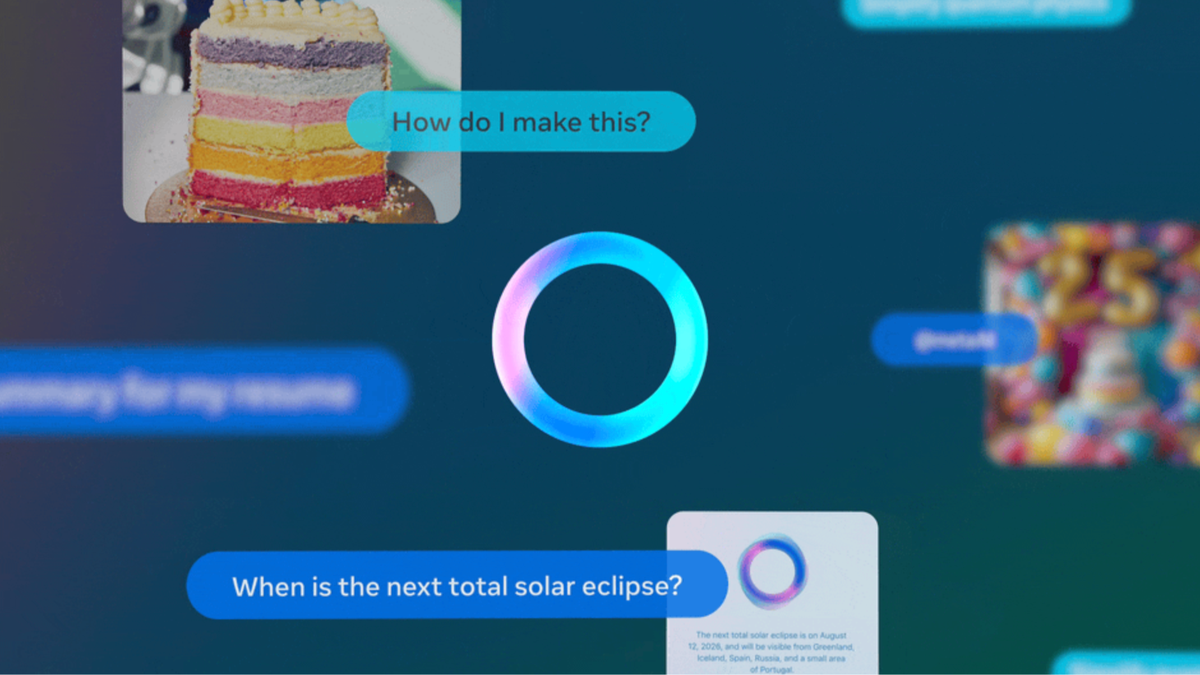Meta’s New AI Capable of Training Other AIs Without Human Input

The Rise of Artificial Intelligence
Artificial Intelligence (AI) is becoming increasingly integrated into our everyday lives. As this technology continues to develop, its influence on various sectors is expected to expand significantly. Tech companies, both big and small, are embracing AI innovations, with some even choosing to develop their own models rather than relying on existing ones. One such company making headlines is Meta.
Introducing the "Self-Taught Evaluator"
Meta has recently unveiled a new AI model known as the "Self-Taught Evaluator". This innovative model is designed to evaluate and train other AI models autonomously. Traditionally, training AI can be an expensive and time-consuming process, especially in today’s competitive landscape.
Developers often rely on a method called "Reinforcement Learning from Human Feedback" (RLAIF) to enhance their AI models. This approach requires human input, which can slow down the progression of AI development. However, Meta’s new system aims to change this dynamic.
The Cost of AI Training
AI training involves substantial financial investment and resource allocation. This has led tech companies to seek out ways to streamline the process. By automating the training and evaluation stages, Meta hopes to lower costs and foster rapid advancements in AI capabilities.
Benefits of Automated Training
- Reduced Costs: Automating model training can lead to significant savings.
- Faster Development: AI can iterate and improve at unprecedented speeds without waiting for human input.
- Increased Accuracy: With a dedicated focus on improving its own processes, the AI may provide more precise results.
How the "Self-Taught Evaluator" Works
The Self-Taught Evaluator utilizes a method called "chain of thought," a technique initially employed by OpenAI in its models. This approach enables AI to dissect complex issues into smaller, manageable components. As a result, it can formulate more accurate responses, especially in areas like science, coding, and mathematics.
Features of the "Chain of Thought" Technique
- Problem Decomposition: Breaking down challenges into logical steps.
- Enhanced Reasoning: Leading to more coherent answers.
- AI-Generated Data Training: The new model can learn from data produced by other AI, which includes training on outputs rather than human-generated inputs.
The Future of AI Development
Jason Weston, a researcher at Meta involved in this project, believes that as AI continues to advance, it will become increasingly capable of evaluating its own work. There is potential for AI to surpass human capabilities in assessing and validating information.
The idea of an AI that can train itself without human oversight might sound futuristic, but with developments like the Self-Taught Evaluator, we are inching closer to that reality.
The Enthusiasm Around AI
Many tech enthusiasts, including professionals in the field, are excited about the rapid evolution of AI technology. The pace at which these innovations are happening is both thrilling and intriguing, raising questions about the future implications for various industries. As we explore these advancements, it will be fascinating to observe how they reshape our understanding and application of AI in daily life.
This article delves into Meta’s latest AI innovation and highlights its implications within the tech landscape. With the introduction of the Self-Taught Evaluator, automated model training and evaluation might redefine how AI is developed, potentially leading us to a future where AI becomes highly self-sufficient.





